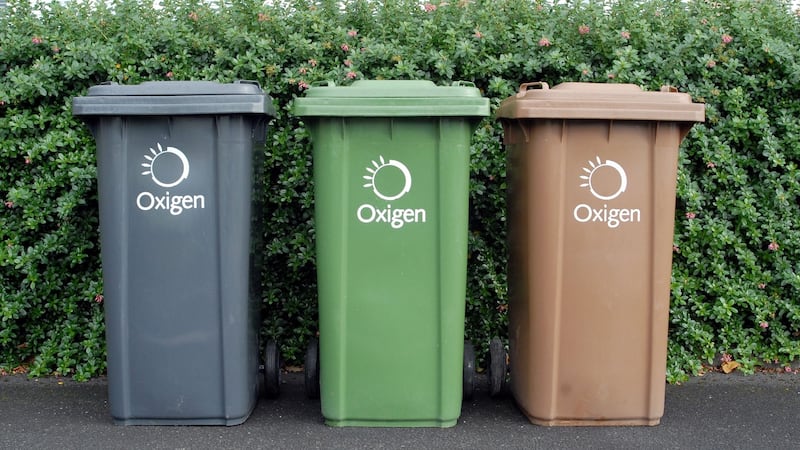The State needs to increase its investment in wastewater treatment plants to prevent pollution, a judge has said.
Judge Joanne Carroll made the comment after hearing Uisce Éireann had no immediate plans to upgrade a plant that is discharging treated effluent into a stream in Co Cork.
She had earlier heard the Glenville Wastewater Treatment plant was not on any priority listing for improvement even though discharges from the plant were polluting the Owenbaun stream daily.
The judge on Wednesday heard a prosecution at Cork District Court brought by Inland Fisheries Ireland (IFI) against Uisce Éireann for permitting deleterious matter enter the Owenbaun stream at Graigue East on June 25th last contrary to Section 171 of the Fisheries Consolidation Act 1959.
RM Block
Senior fisheries environmental officer Andrew Gillespie said he visited the Glenville plant on June 25th and saw it was discharging a grey opaque substance into the Owenbaun stream.
The substance was treated effluent, but it was slimy and contained particulate material which was nutrient rich, he said. It was coating the riverbed for some 10m downstream of the discharge point and was causing a carpet of fungal material, which was suffocating invertebrate life, to grow.
While no fish were killed, there was no food for fish to feed on for some 50m, so this stretch was virtually devoid of salmon and trout compared to areas upstream of the discharge, which was normal in colour and had normal fish numbers.
Mr Gillespie said he returned to the plant on June 26th, July 3rd and on Tuesday and it was continuing to discharge treated effluent into the river. He said this was due to the fact it was designed to cater for 300 homes but was dealing with sewage from 567 homes.
“The wastewater plant is continuing to discharge treated effluent and it’s continuing to result in this carpet of fungal material downstream of the discharges – it continues to be unsatisfactory,” said Mr Gillispie adding the problem will continue until the plant’s capacity is increased.
Vincent Coakley, solicitor for IFI, said Uisce Éireann had no previous convictions in relation to the Glenville operation, but it did have 19 pollution convictions nationally, including one this week in relation to a fish kill on the Allow river in Co Cork. He said the maximum fine under the legislation was €5,000.
Barrister for Uisce Éireann, Stephen O’Donoghue, said his client had pleaded guilty at the earliest opportunity and had co-operated with IFI. He said the State-owned company had inherited a legacy of poor infrastructure from 31 local authorities when it was set up in 2014.
Mr O’Donoghue said Uisce Éireann had carried out a survey in 2021, which showed that it would require €15 billion of investment to bring its wastewater treatment plants and network up to standard nationally and the figure had risen since due to inflation.
He said there were more than 1,000 population centres nationally that needed upgraded wastewater treatment plants and the Environmental Protection Agency had drawn up a priority list of the 75 most in need of upgrade. He said Glenville was not included.
Judge Carroll noted the early guilty plea and Uisce Éireann’s co-operation with IFI.
“I appreciate the demand in the area has escalated hugely and the design has not kept pace with the demand,” she said.
She fined Uisce Éireann €1,500 and ordered it to pay IFI’s costs of €2,263.
- Sign up for push alerts and have the best news, analysis and comment delivered directly to your phone
- Join The Irish Times on WhatsApp and stay up to date
- Listen to our Inside Politics podcast for the best political chat and analysis


















